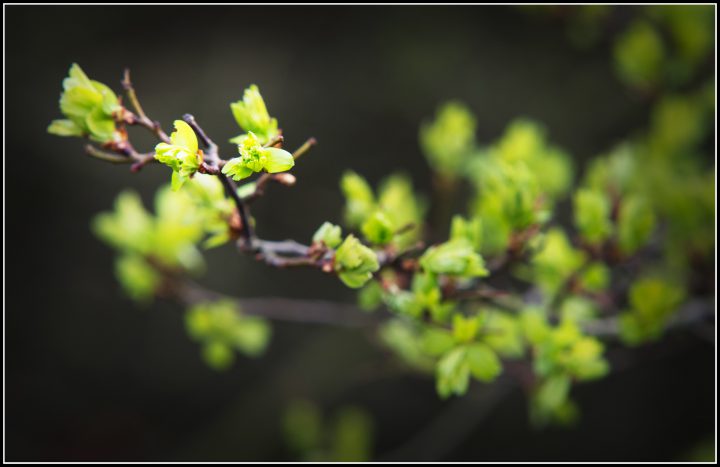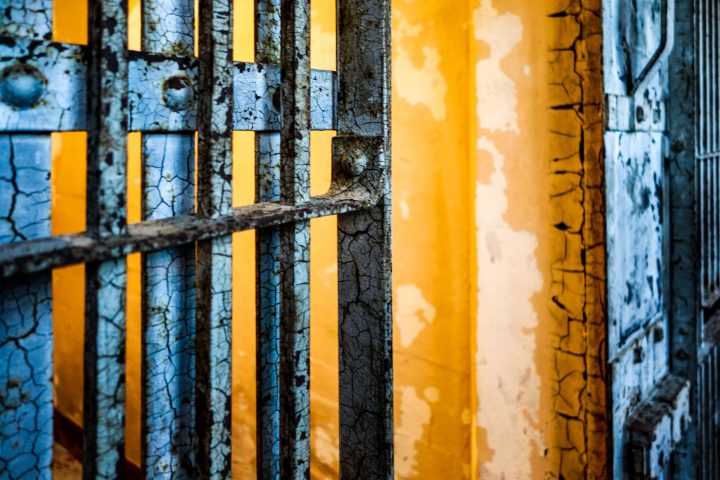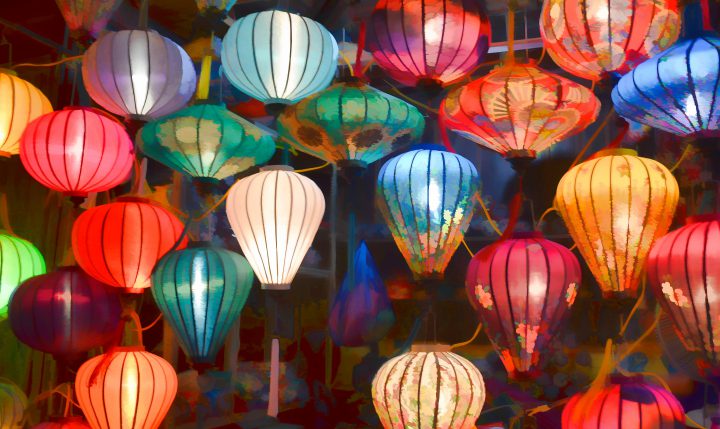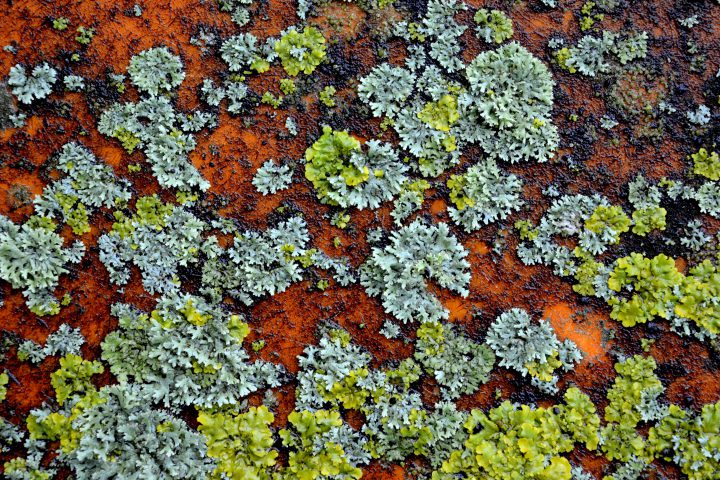Life, Liberation and Regeneration
November 20, 2017 Leave a comment“We know that there is no help for us but from one another, that no hand will save us if we do not reach out our hand.”
– URSULA K. Le GUIN

Image by Stephen Bowler, shared under provisions of Creative Commons Attribution license 2.0.
A note on the quotes below (and the Le Guin quote above): I am grateful for the beautiful piece by Evan Bissel, “Frames for Life, Liberation and Belonging,” which appears in the Othering and Belonging Journal. This piece lifts up some central elements of an emerging and humanizing narrative for our times, with focus on themes such as transition, liberation, belonging, commons, interconnection, abundance, sacred, curiosity, play, and place. I strongly encourage readers to check it out, to sit with the piece and let it soak in, and to share it.
This post follows the thread of a conversation that has been evolving across events I have been involved with the past few months, and a bigger and broader conversation that is clearly informing it. This is certainly not a new conversation, but there seems to be a renewed or perhaps more public vigor to it, at least in multi-racial and multi-generational social change groups and initiatives with which I have been involved.
It has cropped up in a network leadership program where a discussion about the difference between working for equity and working for justice pointed in the direction of the need to pursue liberation, and not simply inclusion and accommodation in fundamentally harmful systems.
“Authentic liberation—the process of humanization—is not another deposit to be made in [people]. Liberation is a praxis: the action and reflection of [people] upon their world in order to transform it.”
– PAULO FREIRE

Image by jar[o], shared under provisions of Creative Commons Attribution license 2.0.
In a follow up conversation with one of the community organizers on that animated and animating panel, the discussion took us into seeing the necessary frame for liberation as an eco-logical one, away from a mechanized and market-centric one, where multiple sovereignties are respected and supported and synergistic interactions between them contribute to larger systemic health and resilience.
“Belonging is the most important good we distribute in society, as it is prior to and informs all other distributive decisions. We must support the creation of structures of inclusion that recognize and accommodate difference, rather than seek to erase it. We need practices that create voice without denying our deep interrelationship.”
– john a. powell and STEPHEN MENENDIAN

Photo by Neville Wootton, shared under provisions of Creative Commons Attribution license 2.0.
It has grown into a commitment by a diverse food system network in New England to explore what it would look like to work for both equity and liberation as underlying conditions for sustainability – realizing justice for those long and still denied and health and humanity for all implied. This included connecting work, both literally and metaphorically, for food sovereignty, cooperative ownership of land and cultivating soil health, as common ground for creating regenerative cultures – social and environmental practices that honor and contribute to the integrity and self-renewing capacity of diverse people, places and ecosystems.
I am humbled, challenged and ultimately enlivened by all of this. And I am be eager to hear from anyone who is in some version of this conversation or wants to be. What are you seeing? What are you saying?
“The individual is not the smallest unit of society any more than an individual plant or animal is the smallest unit of an ecosystem. The relationship is the smallest unit of society; just as the relationship is the smallest unit of an ecosystem. It is the complex of relationships that make up an ecosystem and it is the complex of relationships that make up a society.”
– MOVEMENT GENERATION
Photo by XoMEoX, shared under provisions of Creative Commons Attribution license 2.0.
